A detailed overview of Human Rights Class 12 Exercise, complete with solutions, a summary, audio, and human rights exercise answers for NEB English students.
Chapter 14: Human Rights Class 12 Exercise
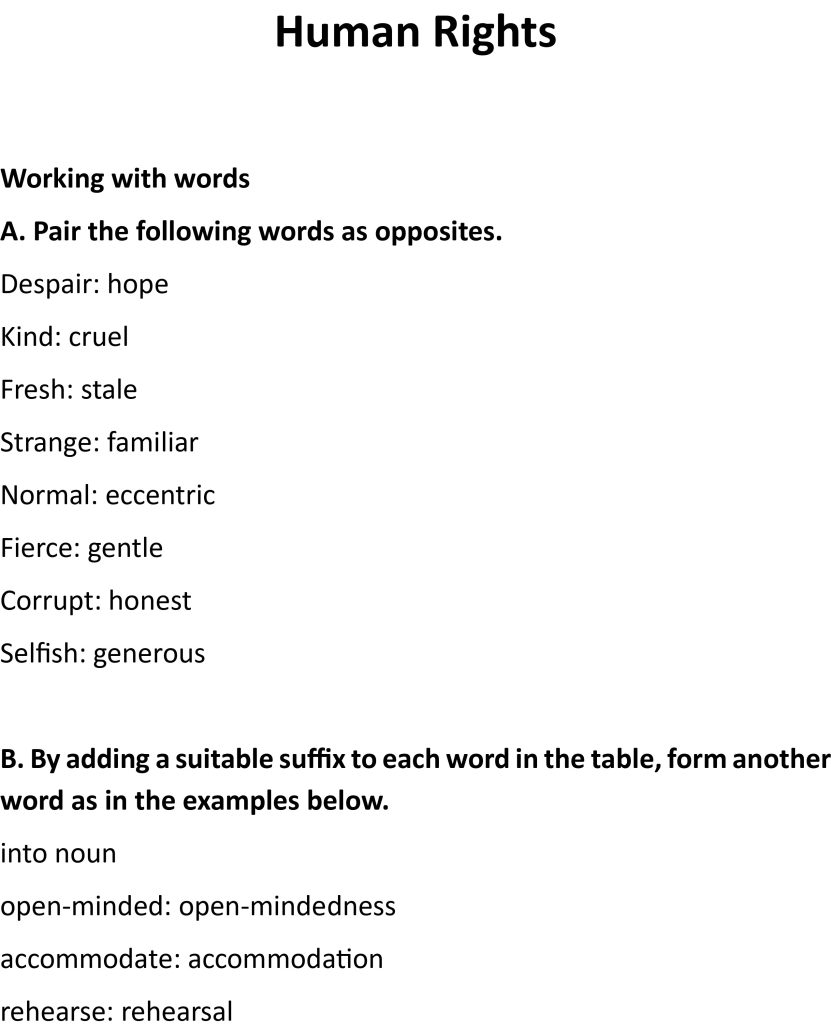
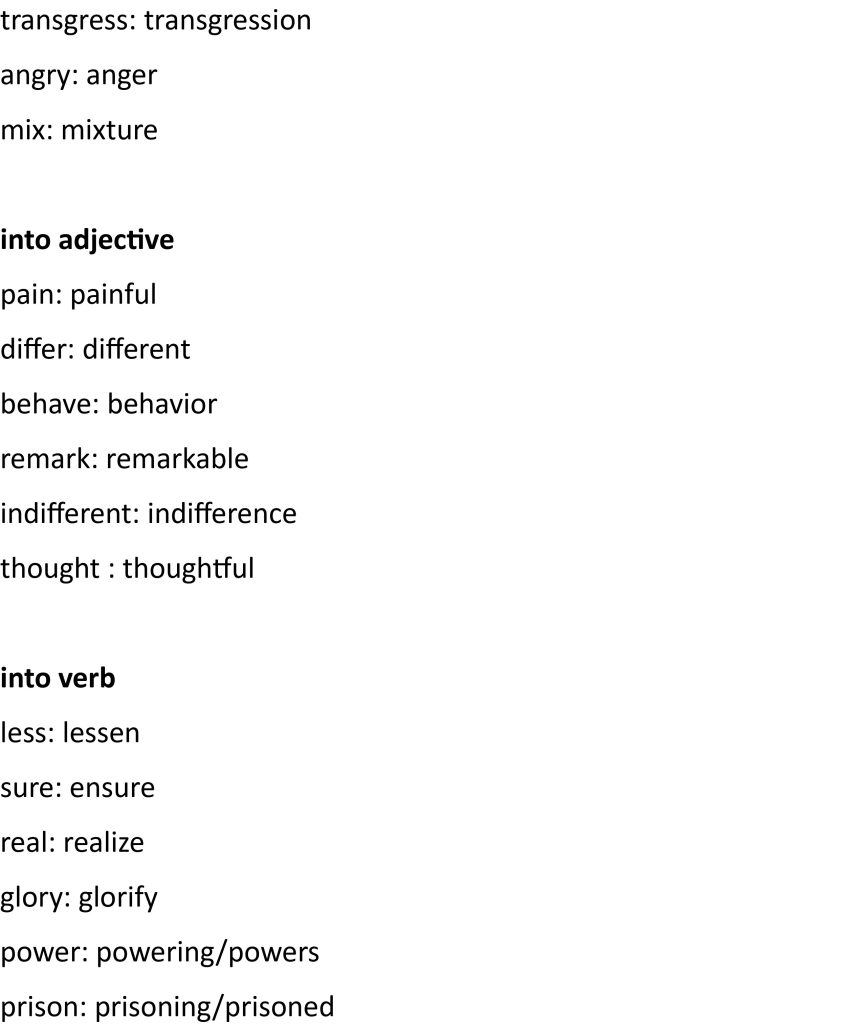
C. Pronounce the following words with the help of a dictionary.
| Word | Pronunciation |
|---|---|
| Viewer | /ˈvjuːə/ |
| Sure | /ʃɔː/, /ʃʊə/ |
| Cure | /kjʊə, kjɔː/ |
| Fluent | /ˈfluːənt/ |
| Poor | /pɔː, pʊə/ |
| Affluence | /ˈæfluəns/ |
| Flower | /ˈflaʊə/ |
| Curious | /ˈkjʊəriəs/ |
| Tourist | /ˈtʊərɪst/ |
| Allowance | /əˈlaʊəns/ |
| Usual | /ˈjuːʒuəl/ |
| Intellectual | /ˌɪntəˈlektʃuəl/ |
| Visual | /ˈvɪʒ(j)uəl, ˈvɪzjʊəl/ |
| Mature | /məˈtʃʊə/ |
| Endure | /ɪnˈdjʊə, enˈdjʊə, ɪnˈdʒʊə, enˈdʒʊə/ |
| Join | /dʒɔɪn/ |
| Coin | /kɔɪn/ |
| Boy | /bɔɪ/ |
| Voice | /vɔɪs/ |
| Noise | /nɔɪz/ |
| Soil | /sɔɪl/ |
| Hoist | /hɔɪst/ |
| Moist | /mɔɪst/ |
| Avoid | /əˈvɔɪd/ |
| Toy | /tɔɪ/ |
| Toilet | /ˈtɔɪlət/ |
| Annoy | /əˈnɔɪ/ |
| Enjoy | /ɪnˈdʒɔɪ, enˈdʒɔɪ/ |
| Poison | /ˈpɔɪz(ə)n/ |
You can continue reading this chapter with our latest English Guide App anytime.


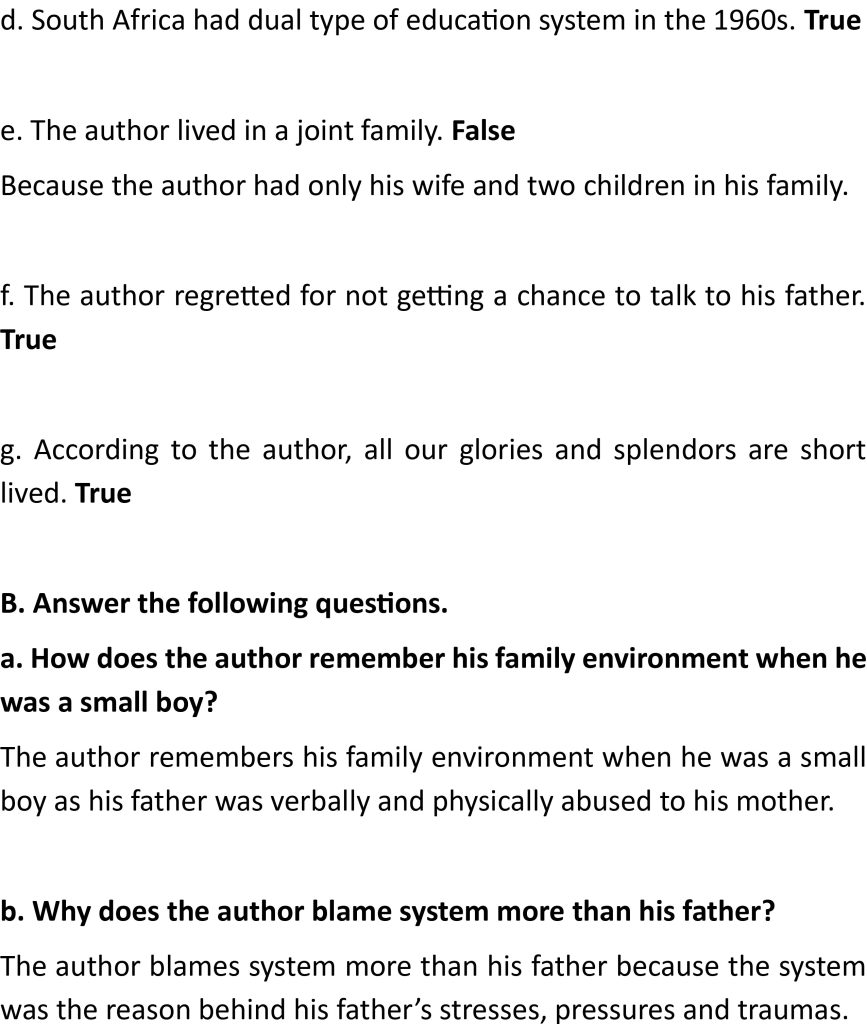
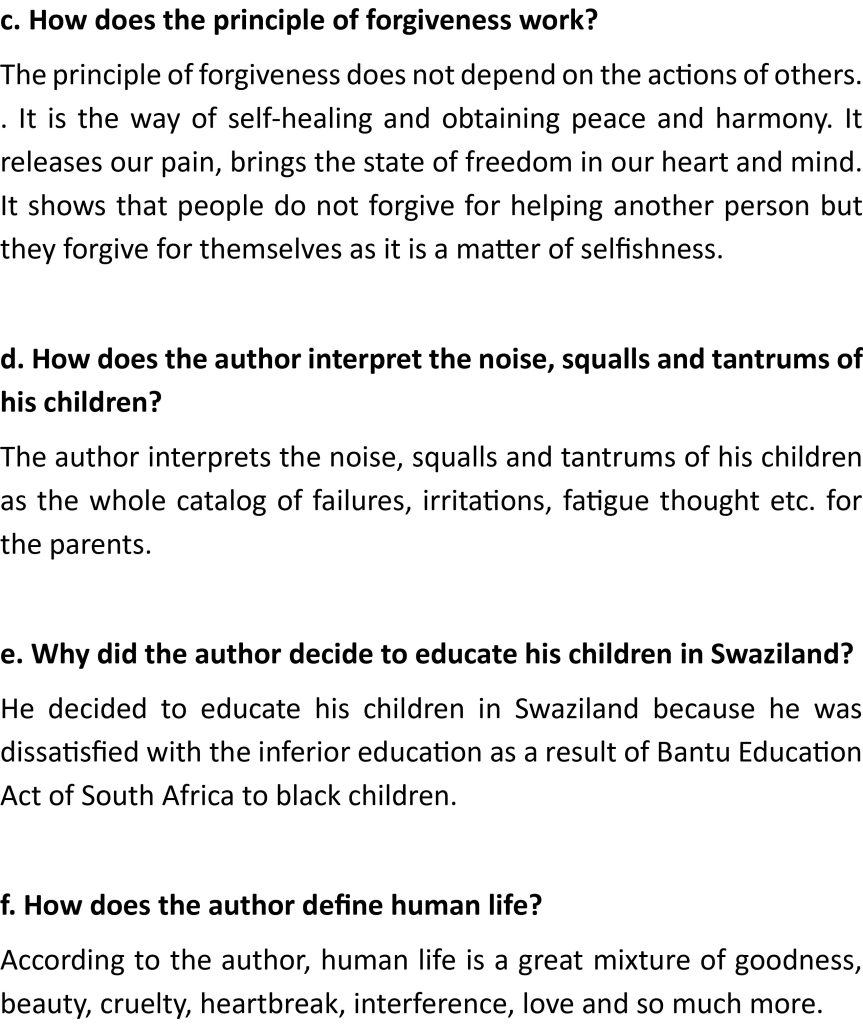
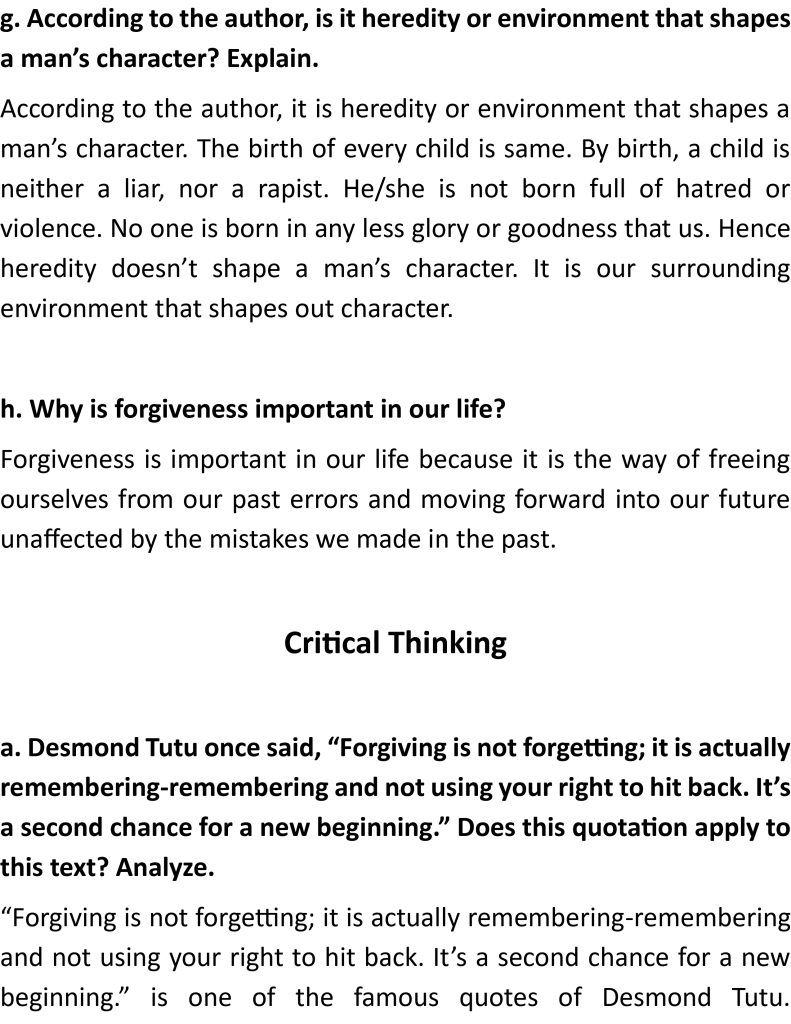
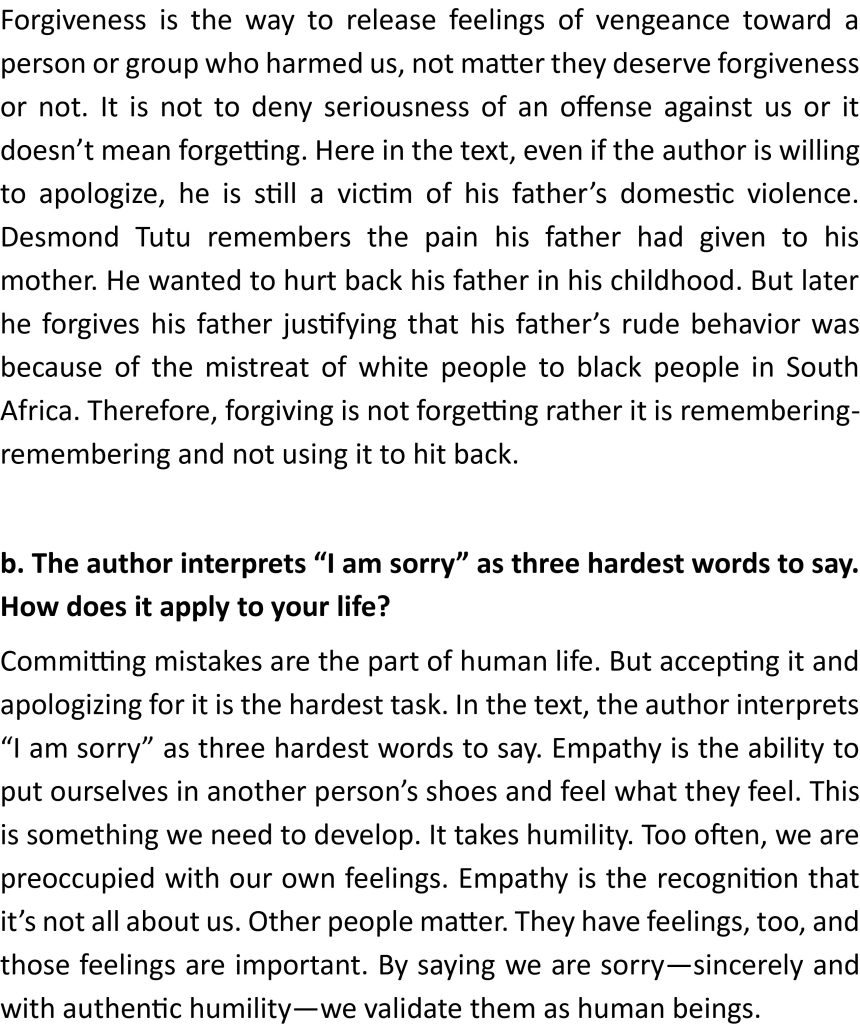
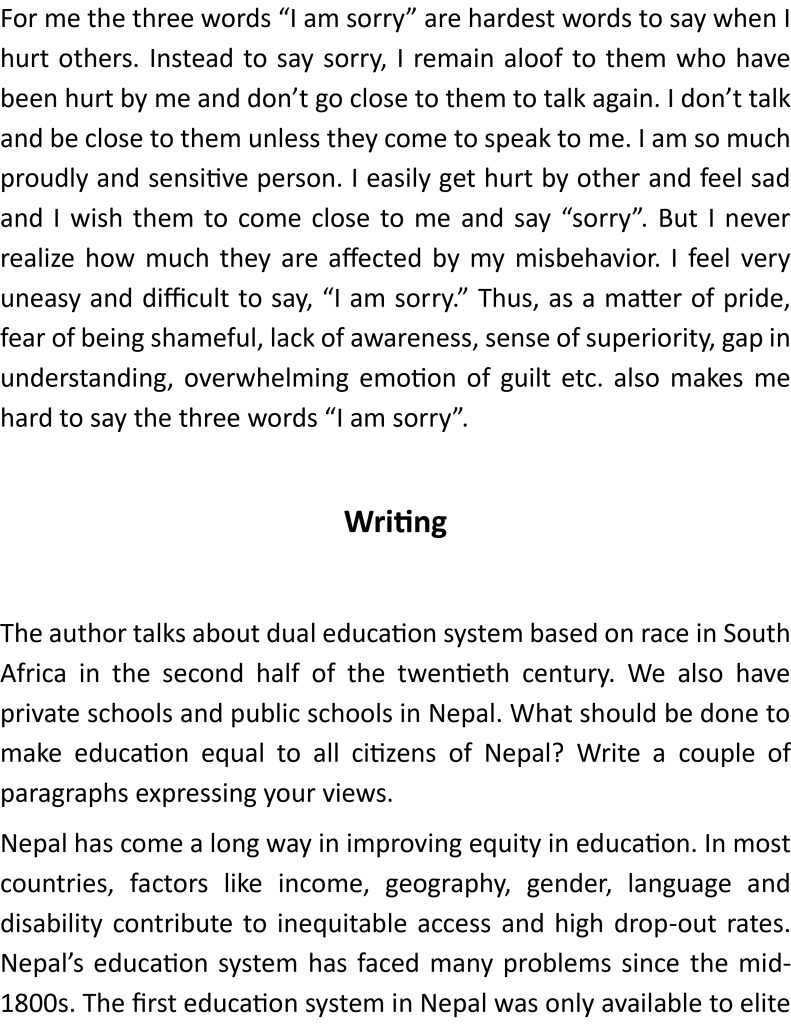
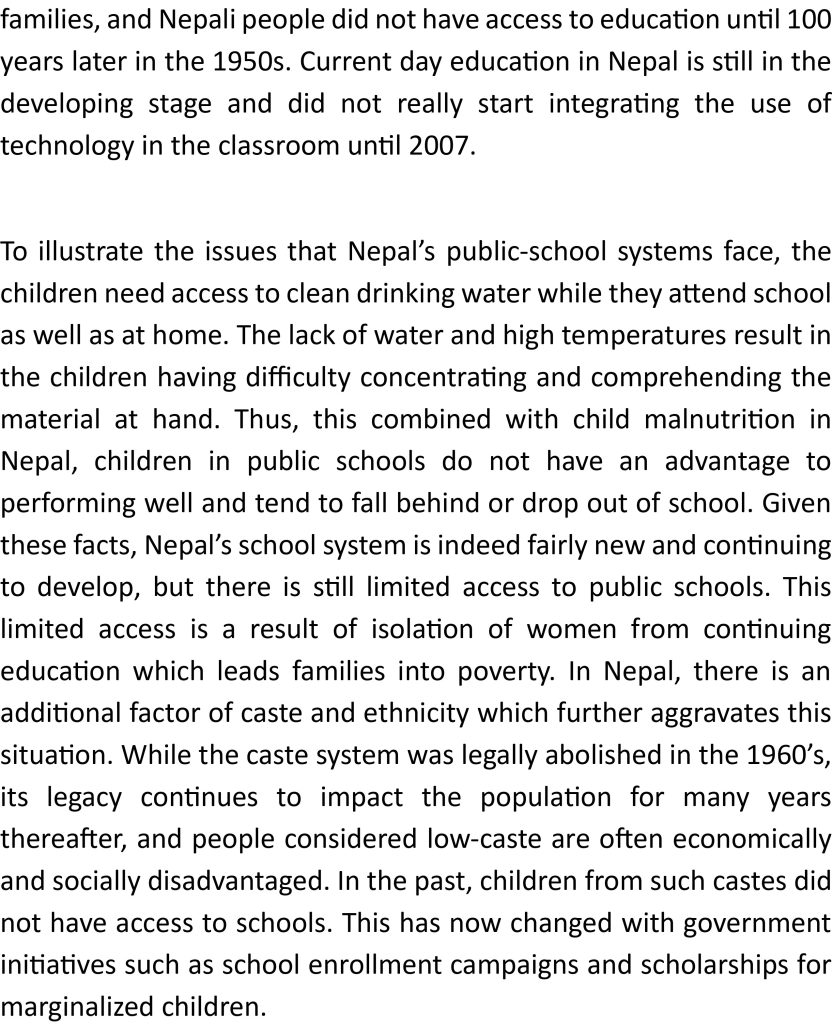
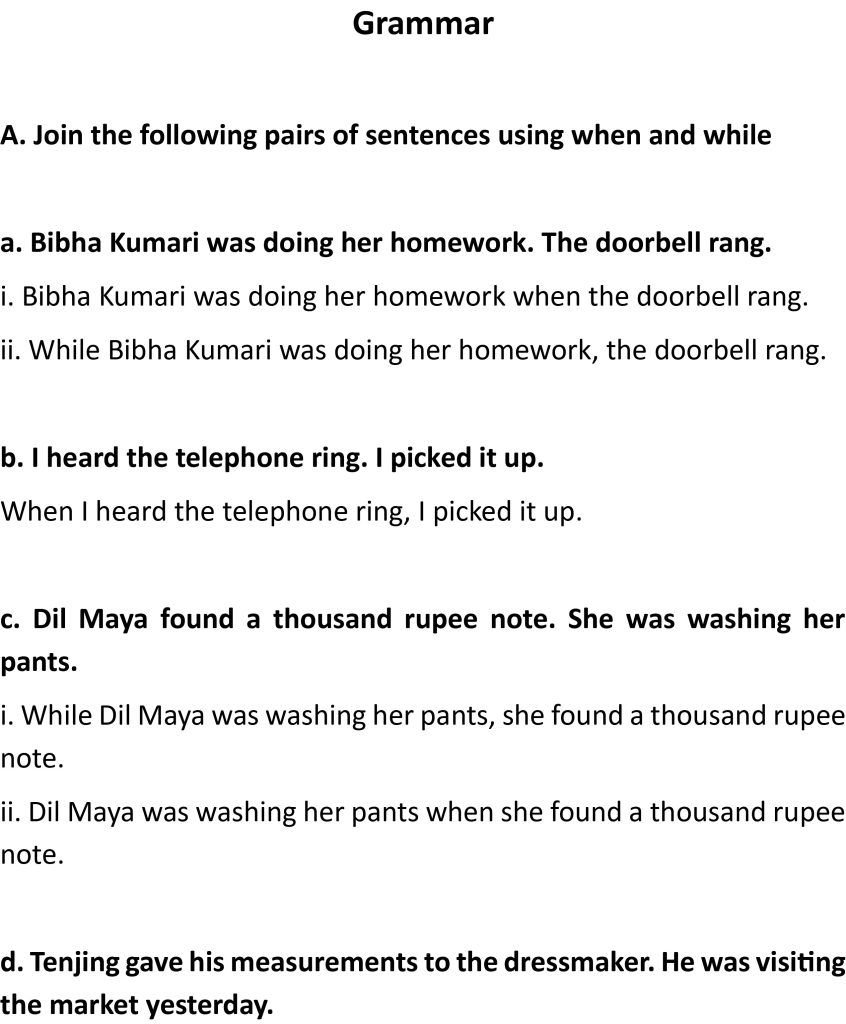
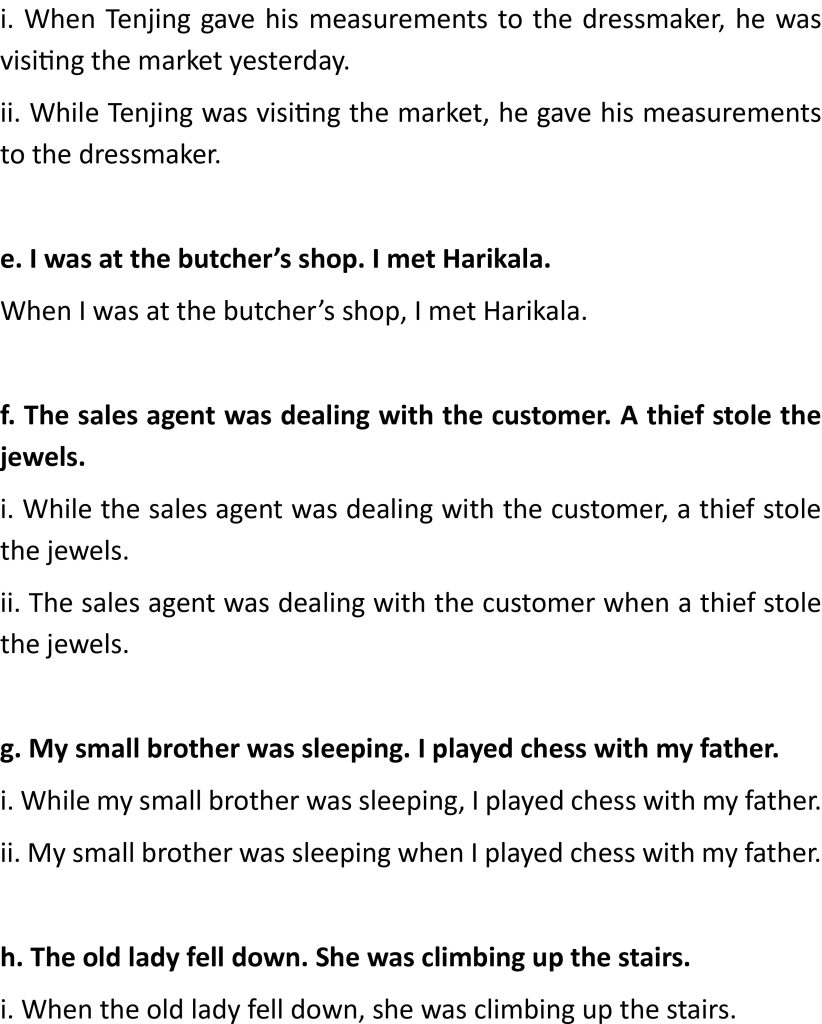
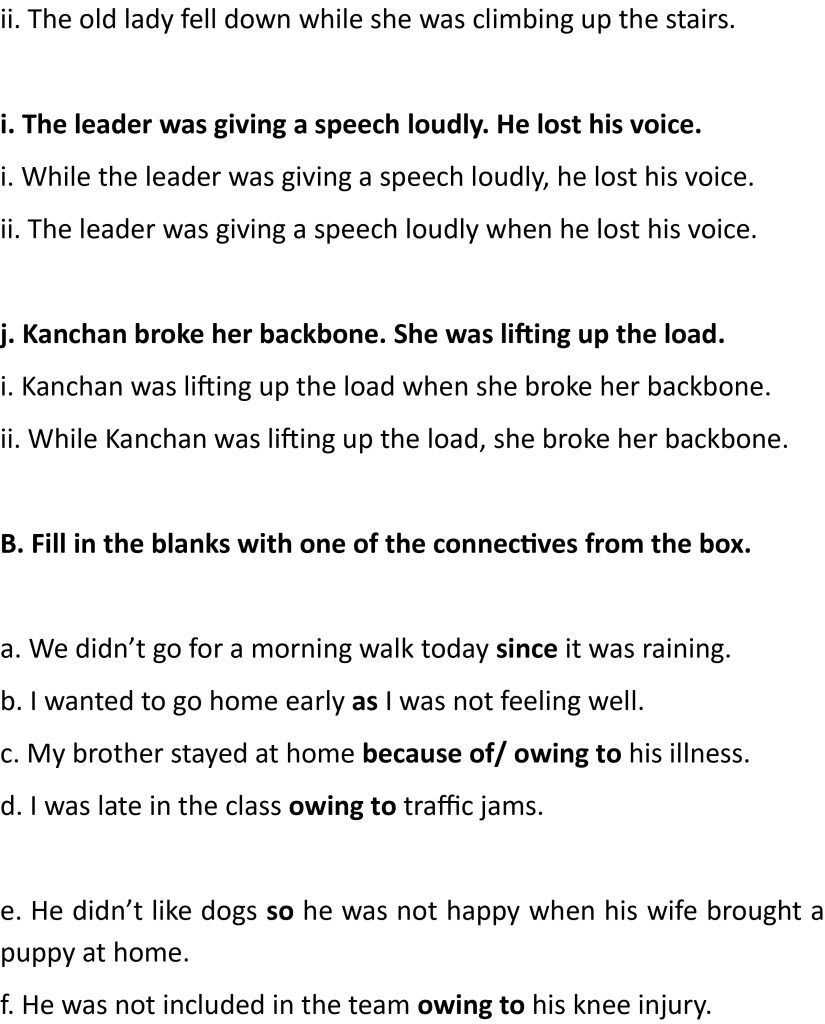
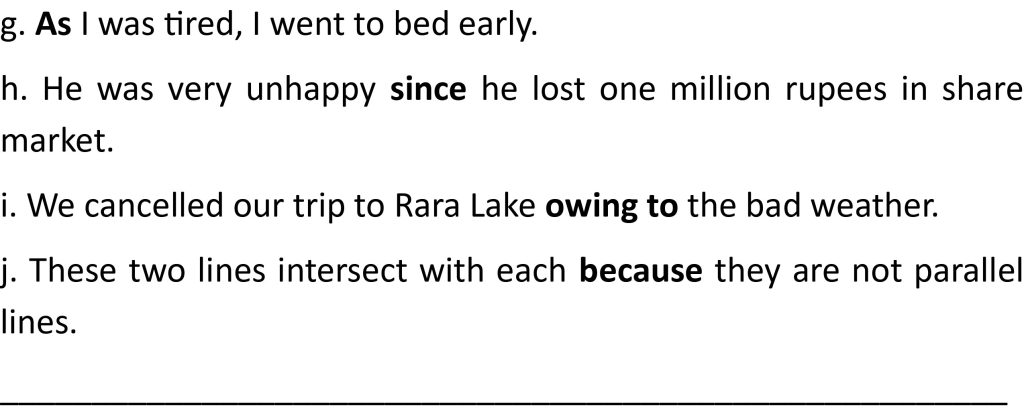
Summary of ‘Human Rights – I am Sorry The Hardest Three Words to Say’
The chapter “Human Rights” presents a powerful and reflective narrative that explores personal trauma, social injustice, and the power of forgiveness. Through the lens of a Black South African author, readers are taken through his childhood experiences of domestic abuse, his father’s struggles under apartheid, and the broader racial inequalities in South Africa. Despite harboring anger and resentment towards his father, the author eventually recognizes the deeper causes rooted in societal oppression. The narrative transitions from personal conflict to social commentary, underlining how environmental factors, not heredity, shape a person’s character. The text emphasizes the healing power of forgiveness, not as a sign of weakness, but as a step toward self-liberation and progress.
Key Takeaways: human rights class 12 exercise
- Forgiveness is empowering: True forgiveness helps free oneself from emotional burdens.
- Environment shapes character: The author argues that social circumstances, not birth, define who we become.
- Systemic oppression impacts family dynamics: The father’s abusive behavior is linked to the pressures of apartheid.
- Dual education system critique: The author highlights the Bantu Education Act and its role in perpetuating inequality.
- Author’s transformation: From anger to understanding, the author matures by empathizing with his father’s pain.
- Empathy and awareness: Recognizing others’ struggles helps foster human rights and dignity.
- Saying “I am sorry” is difficult: The chapter explores why admitting faults is emotionally challenging.
- Children’s behavior is interpreted through adult stress: The author views their tantrums as stress-induced reactions.
- Human life is complex: Life consists of good and bad elements — beauty, cruelty, love, and heartbreak.
- Advocacy for equal education: The author chooses better schooling for his children to break the cycle of poor education.
FAQ:
What is the main theme of the Human Rights chapter in Class 12 English?
The main theme is the importance of forgiveness and how environmental influences shape a person’s character, especially in the context of apartheid-era South Africa.
Why does the author blame the system more than his father in this chapter?
He believes the apartheid system caused immense pressure and trauma that influenced his father’s abusive behavior.
What is the message about forgiveness in Class 12 English chapter Human Rights?
Forgiveness is portrayed as a personal liberation tool that helps release emotional pain, regardless of whether the other person apologizes.
How does the author describe his childhood in the Human Rights chapter?
He describes it as painful, marked by his father’s verbal and physical abuse, which stemmed from societal oppression.
What is the significance of the quote by Desmond Tutu in this text?
Desmond Tutu’s quote reinforces that forgiveness is about remembering without revenge, offering a chance for renewal and peace.
Why does the author choose to educate his children in Swaziland?
He wanted to avoid the inferior and racially biased education in South Africa under the Bantu Education Act.
What role does empathy play in the Human Rights chapter of Class 12 English?
Empathy helps the author understand his father’s pain, ultimately leading him toward forgiveness and healing.
What does the author say about saying “I am sorry”?
He calls it the three hardest words to say, as it requires vulnerability, humility, and empathy.
How is the concept of human rights explored in this chapter?
Through personal experience, the author shows how systemic injustice violates human rights and affects individual lives.
What lesson can Class 12 students take from the Human Rights chapter?
Students learn the value of compassion, the impact of societal systems on families, and the power of personal transformation through forgiveness.
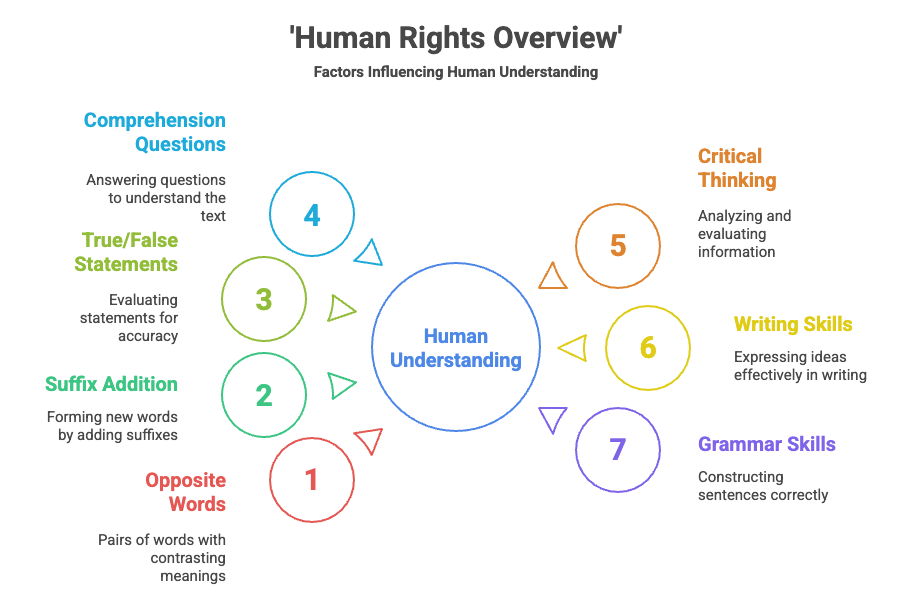
Leave a Reply